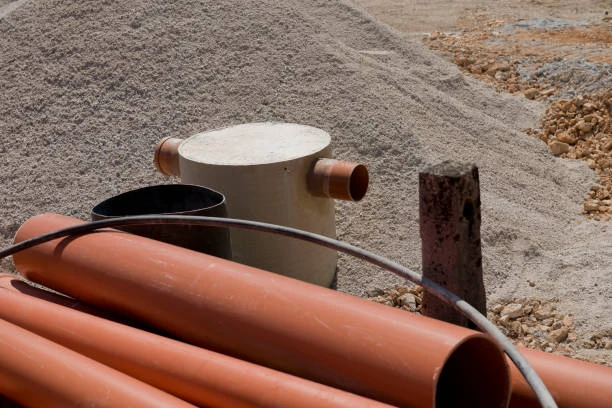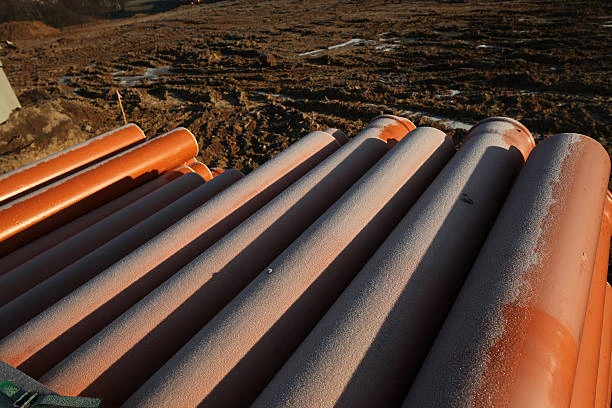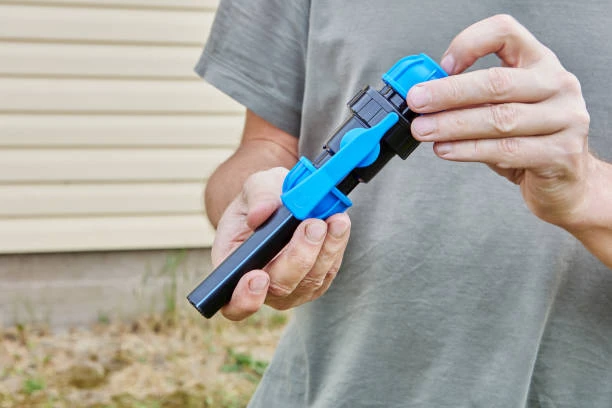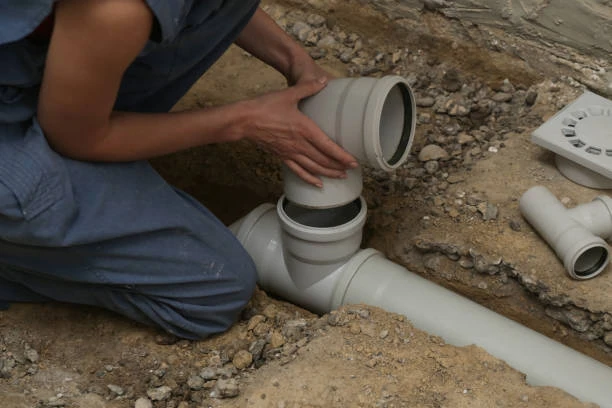Introduction
Wolf Creek has long been a trusted name in the plastic industry, particularly for their high-quality HDPE pipes and fitting. As more industries turn to environmentally friendly and durable materials, HDPE (High-Density Polyethylene) has gained popularity due to its numerous advantages. This article explores the characteristics, benefits, and applications of Wolf Creek’s HDPE pipes and fitting, showcasing why they stand out in the market.
H1: What are HDPE Pipes and Fittings?
Manufacturers create HDPE pipes and fitting from a strong, flexible, and lightweight plastic known as high-density polyethylene. Contractors primarily use them for water supply systems, irrigation, and sewage networks because they withstand harsh environments without corrosion.
H2: The Importance of HDPE in Modern Piping
In today’s world, industries are striving to reduce their environmental footprint. HDPE pipe and fittings contribute to sustainability by being recyclable, durable, and offering leak-free connections. Unlike metal pipes, HDPE does not corrode, which increases its lifespan and efficiency in various applications.
H3: Wolf Creek’s HDPE Products
Wolf Creek provides a wide range of HDPE products tailored for different needs:
- Water Supply Systems
- Sewage and Drainage Systems
- Agricultural Irrigation
- Industrial Applications
Their HDPE pipe and fittings are designed with precision, ensuring high performance and longevity.
H3: Benefits of Using HDPE Pipe and Fittings
Here’s why HDPE pipes and fittings from Wolf Creek are preferred:
- Durability: HDPE is highly resistant to cracking, impact, and harsh chemicals.
- Flexibility: It allows easy installation, even in uneven terrains.
- Low Maintenance: The material’s resistance to corrosion means fewer repairs and replacements over time.
- Cost-Effective: While the initial cost might be higher than traditional materials, HDPE’s long-term benefits make it a more economical choice.
- Environmental Impact: HDPE is recyclable and produces less waste during installation.
H2: Comparing HDPE to Other Piping Materials
When compared to traditional materials like PVC, copper, or steel, HDPE stands out for several reasons:
- Corrosion Resistance: Unlike metal, HDPE does not rust or corrode.
- Lower Installation Costs: Its flexibility means fewer joints, leading to faster and cheaper installations.
- Longer Lifespan: HDPE pipes can last up to 50 years or more in certain applications, far surpassing many other materials.
H3: The Installation Process of HDPE Pipes
Installing HDPE pipes requires specialized techniques such as heat fusion, where pipes are joined together by applying heat. This creates a monolithic, leak-free system that ensures long-term reliability.
H4: Benefits of Heat Fusion in HDPE Fittings
Heat fusion welding is a key benefit of HDPE pipes and fittings. It ensures a seamless, leak-proof connection that is vital for transporting liquids without contamination.
H2: Common Applications of Wolf Creek’s HDPE Products
Wolf Creek’s HDPE pipes and fittings are versatile and can be used in various sectors, including:
- Municipal Water Systems: Safe drinking water supply.
- Agriculture: Efficient irrigation systems for farms.
- Industrial Pipelines: Transporting chemicals and other industrial fluids.
- Mining Operations: Durable piping systems for slurry transport.
H3: Agricultural Uses of HDPE Pipes
In agriculture, HDPE pipes are used for irrigation systems due to their flexibility and ability to withstand fluctuating temperatures. They help farmers ensure efficient water distribution without leaks.
H3: Environmental Impact and Sustainability
One of the major advantages of HDPE is its contribution to environmental sustainability. HDPE pipes are made from recyclable material, and their long lifespan reduces the need for frequent replacements. This significantly lowers waste production.
H4: Wolf Creek’s Commitment to Sustainability
Wolf Creek is dedicated to producing eco-friendly products. Their HDPE pipes and fittings not only meet but exceed environmental standards, making them a responsible choice for businesses looking to reduce their environmental footprint.
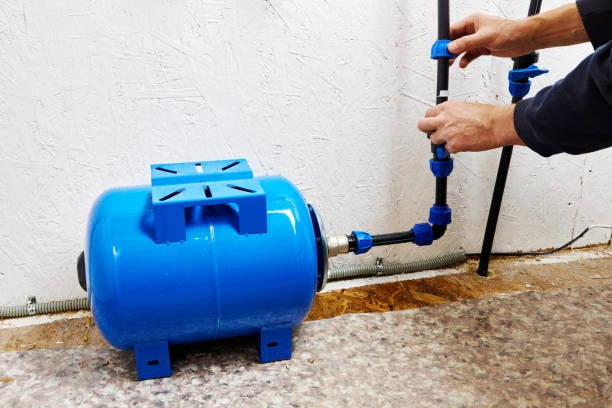
H2: Choosing the Right HDPE Pipe for Your Project
Selecting the appropriate HDPE pipe or fitting depends on several factors:
- Pressure Rating: Pipes come in various pressure ratings, so it’s important to choose the right one for your application.
- Diameter: Depending on the flow requirements, the diameter of the pipe will vary.
- Length of the System: Larger projects may require longer pipes to reduce joint connections.
H3: Why Choose Wolf Creek for HDPE Products?
Wolf Creek has years of experience in manufacturing high-quality HDPE pipes and fittings. They offer:
- Expertise: Decades of experience in the plastic pipe industry.
- Quality: Products that meet international standards.
- Customer Support: Tailored solutions and technical advice.
H2: The Future of HDPE Pipe and Fittings
As industries grow more environmentally conscious, the demand for HDPE is expected to increase. Wolf Creek is at the forefront, continually innovating and producing high-performance HDPE products that will meet future demands.
Conclusion
Wolf Creek’s HDPE pipes and fittings represent the future of piping systems. With unmatched durability, flexibility, and eco-friendly benefits, they are the ideal choice for industries ranging from agriculture to municipal water systems. By choosing HDPE, you’re investing in a product that ensures long-term reliability, cost savings, and sustainability.
FAQs
- What is the lifespan of HDPE pipes?
HDPE pipes can last over 50 years, depending on the application and environmental factors. - Are HDPE pipes suitable for potable water?
Yes, HDPE pipes are safe for drinking water and meet all required health standards. - Can HDPE pipes be recycled?
Absolutely. HDPE is 100% recyclable and contributes to sustainable building practices. - How are HDPE pipes joined?
HDPE pipes are typically joined using heat fusion, creating a strong, leak-free bond. - What are the main advantages of HDPE pipes over PVC?
HDPE offers greater flexibility, better impact resistance, and longer service life compared to PVC.






